The gig economy landscape continues to evolve rapidly with significant developments affecting drivers, customers, and platforms alike. On this week’s episode of The Gig Economy Podcast, hosts Jason and Larry delved into several critical issues impacting gig workers nationwide.
One of the most contentious topics discussed was Uber CEO Dara Khosrowshahi’s recent statement on tipping, where he suggested that passengers “should only tip if you feel like you got your money’s worth. And then some.” This perspective raised eyebrows among drivers who depend on tips to make ends meet. According to data shared on the podcast, approximately 20% of Uber riders tip their drivers, which some drivers feel is dismally low considering the service they provide. The hosts contrasted this with food delivery, where tipping rates hover around 90% according to some estimates. This disparity highlights the different expectations across various gig economy sectors and how customer behavior significantly impacts driver income.
The conversation then shifted to regulatory changes in Seattle, where Doordash is facing what they call “extreme regulations.” Despite reporting $3 billion in revenue in the first quarter, Doordash is increasing delivery fees for Seattle customers, blaming new local regulations designed to provide more job security for gig workers. The new law requires companies to give workers 14-day notice before deactivation (except in cases of serious misconduct), base deactivations on reasonable policies, and provide workers with records of the decision-making process. While these protections benefit drivers, the hosts pointed out that platforms typically pass increased costs to consumers rather than absorbing them, potentially hurting the very communities these regulations aim to help.
A grassroots driver strike in Milwaukee also captured attention, though it didn’t go as planned. Drivers gathered at the airport staging lot to protest declining pay splits between drivers and rideshare companies. What began as a peaceful demonstration reportedly turned confrontational when some drivers blocked others who chose to continue working. This led to police intervention that effectively ended the protest. The hosts emphasized that while they support driver advocacy, forcing participation isn’t effective organizing strategy and that independent contractors face unique challenges when attempting collective action compared to traditional employees.
The podcast also covered Waymo’s expansion into offering autonomous rides for teens aged 14-17, which could potentially outpace adult ridership due to perceived safety benefits. Without human drivers, parents might feel more comfortable allowing their teens to use the service. The hosts speculated this could represent a significant shift in the rideshare market, particularly when considering safety concerns some passengers have about traditional rideshare experiences.
Other topics included Instacart’s new delivery options that offer customers more flexibility in delivery timing and pricing, a bizarre story about a sleepwalker who ordered just a honey mustard sauce through Doordash while asleep, and a troubling physical altercation between an Uber driver and an Atlanta sports reporter that escalated from a disagreement about air conditioning.
The episode highlighted the continuing tension between platform profitability, customer convenience, and driver welfare – a balancing act that defines the contemporary gig economy landscape. As regulations evolve and technology advances, both drivers and platforms must navigate an increasingly complex environment where the rules of engagement are constantly changing.

